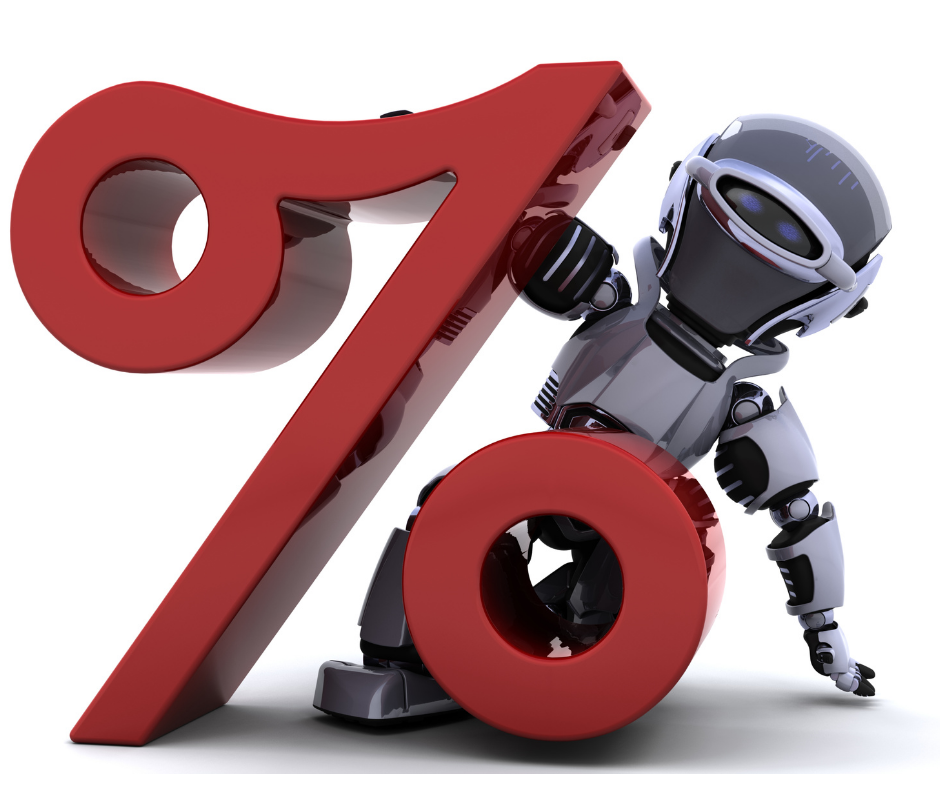How to compare your business loan interest rates?
Published on 2021-01-12
Category: Business Loans, Small Business Owners
Share via
When you are busy running your business, it can easily become stressful, leading to slack in sorting through various finance solutions and comparing business loans. However, comparing a business loan and getting the best interest rate is essential for your business's financial well being. Here are some pointers to consider when comparing business loan interest rates:
- Interest is the additional money you pay to borrow and is the percentage of the principal amount loaned. The calculation of interest rates is dependent on the level of risk to be borne by the lender. The more the risk, the more is the interest rate. The Interest rate in Australia typically ranges between 10 % to 25 % per annum for non-bank financial lenders.
- Typically, there are two options for business loan interest rates, either a variable interest rate or a fixed interest rate or a combination of two.
-
- A Fixed interest rate is a fixed amount that needs to be repaid each month. A fluctuation in the cash rate will not affect the number of repayments.
- Variable interest rate – when the amount to be repaid moves up and down with the interest rate variation. The loan repayments get lowered, If the business loan rates fall. On the contrary, rates will rise, leading to an increase in repayment amount.
- Combination interest rate – some lenders offer a fixed rate for the first one or two years of loan repayment tenure. The loan repayment interest reverts to the standard rate of interest as applicable for the remaining loan period. This is generally termed as the honeymoon loan period.
- You need to ensure that the selected loan product factors in your business profile, loan budget, and goals. For instance, if you plan to repay the loan quickly, you need to choose a lender who will not levy early repayment charges. Some lenders also charge one time or monthly fees for providing the loan, which might take out a considerable part of your loan budget.
- When considering a business loan, you might be having a loan amount and a loan tenure in mind. These two can be used to calculate what would be the potential loan interest rates. EMI or Equated Monthly Instalments are the monthly repayments that are paid to the lender. It consists of two parts, namely, the principal amount borrowed and the accrued interest. The interest is calculated on the rate quoted at the time of loan disbursement.
An online business loan interest rate calculator can help you in this case. Though it can be calculated manually, it is a tedious process.
- The interest payable depends on the method of calculation.
-
- Annualized percentage rate (APR) – APR includes the lender's interest and fees for providing a loan. This gives a real-time view of the actual cost of the loan.
- Discount rate – This is a percentage of the invoice amount being financed and is charged by the invoice factoring companies.
- Factor rate – This is a multiplier such as 1.2 or 1.5 and is applied to the loan amount on unsecured fixed-term loans. For example, if the loan amount is $10,000 and the factor rate is 1.2, you will repay $12,000 ($10,000 x 1.2).
- Early repayment fees – Some lenders charge fees to cover the loss of interest in case of early repayment of loans
- Lenders consider several factors when deciding about business rates. Here are some of them:
1. The loan amount and purpose.
2. Tax filing and returns.
3. Financial statements
4. Information about debts and assets, both businesses related and personal
5. Credit history for both business and personal loans, security, and loan terms, number of loans you have applied for, business loan repayment history if any, joint applications, and any other related information.
- Business health is a critical determinant of the interest rate that the lender pays. The loan terms and the interest payable are based on the risk perceived. For instance, if the business is new with a small turnover and limited assets of value, the interest rate will be higher than a business with bigger profits.
Interest rates vary depending on the lender, the lending criteria, and the loan type, but in most cases, the following factors are taken into account:
- Your business profiles
- Annual turnover
- Valuable assets
- Loan type and purpose
- Whether the loan is secured or unsecured.
Experts at Capital boost can help you compare the varied loan options and interest rates, work out an optimal loan product for your needs, and complete the required paperwork. You can count on us for helping you in achieving your growth goals.
Tagged in: Business loan interest rates, Interest rates, Best interest rate, Interest rate Australia, Business loan rates, Interest rate variation, Loan interest rates, Interest rate calculator, Annualised percentage rate, Loan interest payable, Calculate interest rates, Australia Loan rates
Visit us https://local.google.com/place?id=13208792946264494566&use=posts&lpsid=CIHM0ogKEICAgIDa77zD8AE
Follow our Facebook page - https://www.facebook.com/capitalboostau
Recent Posts
Published on 2025-05-21
Balloon Payments vs. Regular Repayments: What’s best for your business?
Choosing the right loan repayment structure is crucial for your business’s financial health. In this guide, we compare t...
Published on 2025-04-25
Unsecured Business Loans for Tradies and Contractors in Australia: A Survival Guide
In Australia and across the world, tradies and contractors often require flexible financing solutions to manage cash flo...
Published on 2025-03-22
Key Tax dates and Financial deadlines for Australian Businesses in 2024–25
Staying on top of key tax dates and financial deadlines is essential for Australian businesses to ensure compliance and ...
Need Help?
Call our experts on 1300 360 530, or







